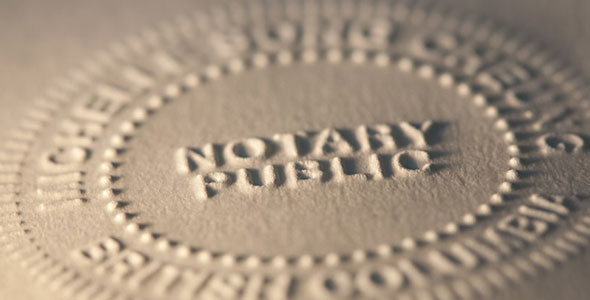Debunking Notarial Work: Simplifying the Function and Value of Notaries
In the elaborate web of lawful documents and confirmation, notaries stand as columns of assurance and authenticity. Their duty, usually shrouded in mystery for lots of, carries substantial weight in making certain the validity and integrity of critical documents. As guardians of legality and reality, notaries play a crucial component in our society, yet their job is not constantly totally comprehended. By deciphering the complexities bordering notarial practices and shedding light on the importance of their acts, a more clear understanding emerges of the crucial function notaries play in supporting the textile of legal and contractual contracts.
The History of Notarial Job
The history of notarial job dates back to old civilizations, where scribes played an essential role in tape-recording vital info and verifying papers. This led to the advancement of notaries, people selected by the state to act as objective witnesses in lawful matters.
Throughout the Center Ages, notaries acquired prominence in Europe, with their functions broadening to include drafting legal files, licensing trademarks, and protecting documents. The rise of global profession further stressed the value of notarial operate in confirming agreements and contracts throughout borders.
In the modern age, notaries remain to play a vital role in legal and service purchases by verifying identities, validating the authenticity of papers, and protecting against fraudulence. Their role in licensing the legitimacy of arrangements includes a layer of security and count on to the ever-evolving landscape of commerce and law.

Duties and Duties of Notaries
Notaries play a vital function in validating the authenticity of documents and the identity of signatures. One of their primary obligations is to witness the signing of crucial documents, such as wills, actions, and agreements, to make sure that all parties are entering right into agreements intentionally and voluntarily.
Furthermore, notaries are tasked with administering affirmations and vows, which are vital in lawful process and the implementation of sworn statements. They license duplicates of original documents, supplying guarantee to organizations that the copies are true replicas of the originals. Notaries should preserve precise records of all deals they oversee to guarantee transparency and responsibility. Generally, the responsibilities and duties of notaries are necessary in securing the honesty and legitimacy of numerous records and purchases.
Notarial Certificates and Signatures
Exemplifying precise attention to information, notarial certifications and trademarks work as vital elements in validating the credibility of lawful papers. Notarial certifications commonly contain essential information such as the day of registration, the names of the notaries, a summary of the paper, and the notary's official seal. These certifications provide a clear document of the notarial act, guaranteeing that the document can be conveniently determined and mapped back to the notary who looked after the procedure.
Signatures play an essential function in notarial work, as they indicate the agreement and permission of the events included. Notaries very carefully witness the finalizing of documents to confirm the identity of the signatories and confirm that they are authorizing of their very own totally free will. By attaching their official seal and signature to the record, notaries accredit that the needed treatments have been adhered to and that the record is enforceable and legitimate.
In essence, notarial certifications and trademarks are the hallmark of authenticity in lawful purchases, offering guarantee to all events included that the files are legit and binding.
Importance of Notarial Acts

Registration Refine Discussed
Clarifying the registration procedure gives quality on the necessary actions associated with confirming legal records. The notarization procedure commonly starts with the individual providing the paper to a notary public. The notary after that confirms the endorser's identification with acceptable identification approaches. Once the identity is verified, the notary guarantees that the individual authorizing the file does so voluntarily and without any kind of browbeating.
Verdict

Notarial certifications normally have important info such as the day of registration, the names of the signatures, a summary of the paper, and the notary's official seal. These certifications provide a clear record of the notarial act, ensuring that the paper can be quickly recognized and traced back to the notary that looked after the procedure.
By affixing their main seal and trademark to the record, notaries accredit that the needed treatments have been adhered to and that the document is enforceable and valid.
By validating the identification of the signatories, validating their desire to get in right into the contract, and accrediting the day and area of the finalizing, notaries play an essential function in upholding the legitimacy of legal documents.After the record is signed, the notary will certainly attach their main seal or stamp onto the paper.